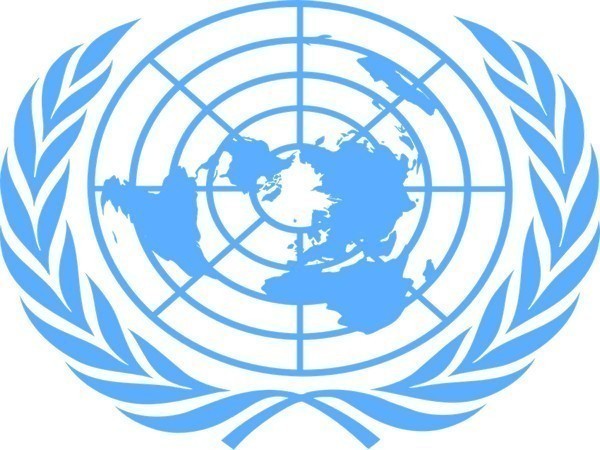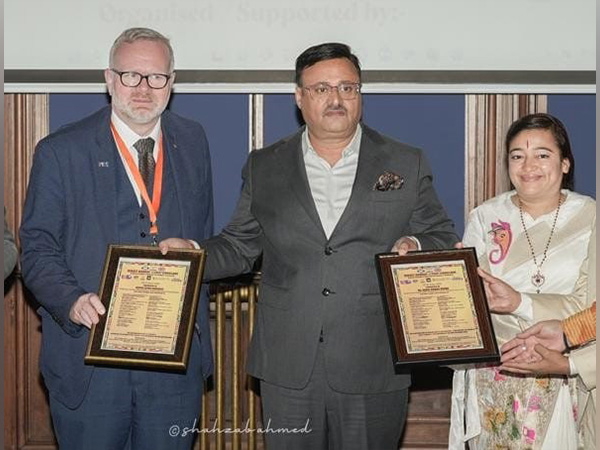The UN warns millions will die by 2029 if US funding for HIV programs isn't replaced
Jul 11, 2025

New York [US], July 11: Years of American-led investment into AIDS programs has reduced the number of people killed by the disease to the lowest levels seen in more than three decades and provided life-saving medicines for some of the world's most vulnerable.
But in the last six months, the sudden withdrawal of U.S. money has caused a "systemic shock," U.N. officials warned, adding that if the funding isn't replaced, it could lead to more than 4 million AIDS-related deaths and 6 million more HIV infections by 2029.
A new UNAIDS report released Thursday said the funding losses have "already destabilized supply chains, led to the closure of health facilities, left thousands of health clinics without staff, set back prevention programs, disrupted HIV testing efforts and forced many community organizations to reduce or halt their HIV activities."
It also said that it feared other major donors scaled back their support, reversing decades of progress against AIDS worldwide - and that the strong multilateral cooperation is in jeopardy because of wars, geopolitical shifts and climate change.
The $4 billion that the United States pledged for the global HIV response for 2025 disappeared virtually overnight in January, when U.S. President Donald Trump ordered that all foreign aid be suspended and later moved to shutter the U.S. AID agency.
Andrew Hill, an HIV expert at the University of Liverpool who is not connected to the United Nations, said that while Trump is entitled to spend U.S. money as he sees fit, "any responsible government would have given advance warning so countries could plan," instead of stranding patients in Africa where clinics were closed overnight.
The U.S. President's Emergency Plan for AIDS Relief, or PEPFAR, was launched in 2003 by U.S. President George W. Bush, the biggest-ever commitment by any country focused on a single disease.
Source: Fijian Broadcasting Corporation









